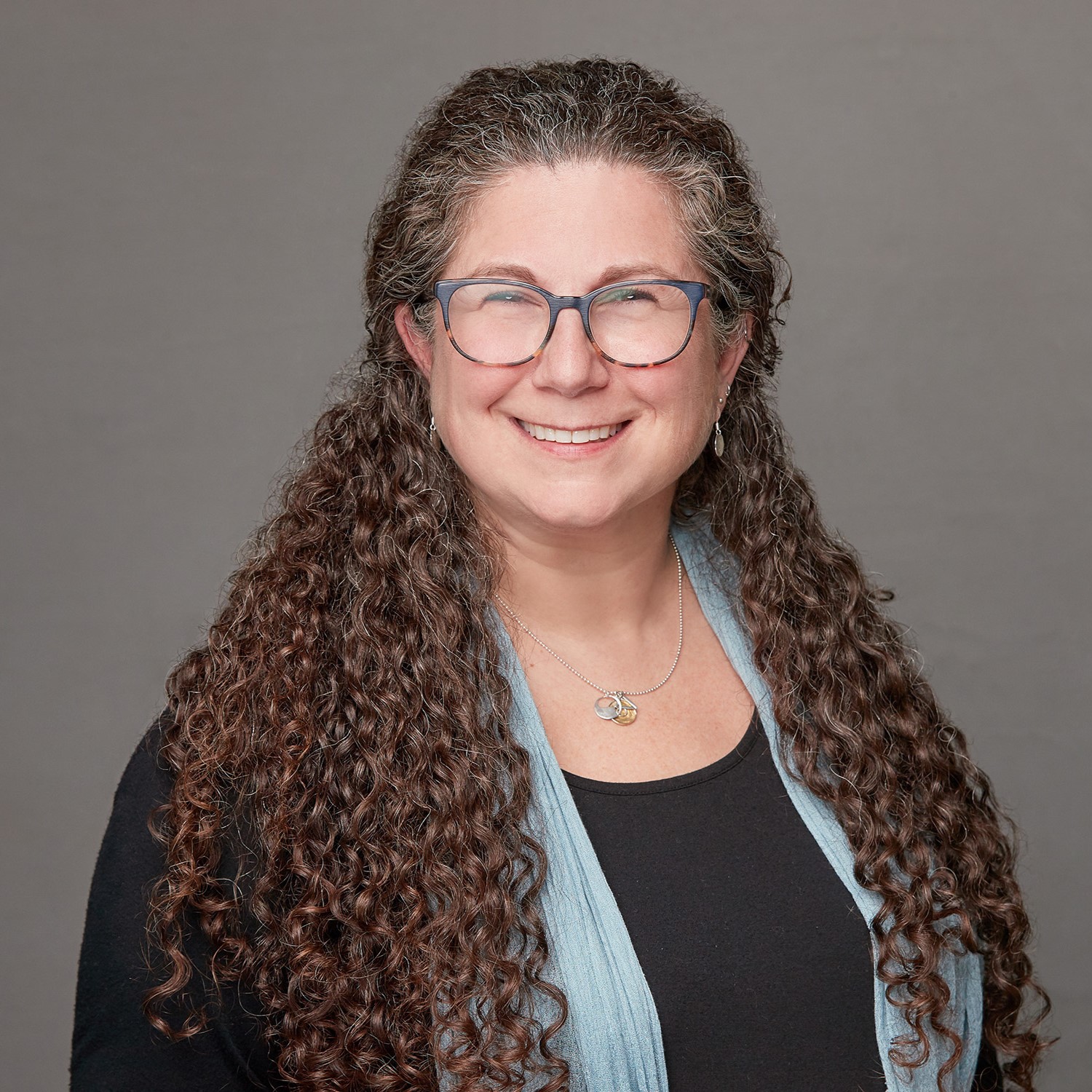Counseling Psychology

Our APA-accredited Ph.D. program in Counseling Psychology is a selective, full-time program designed to train psychologists in the rapidly changing areas of mental health, emotional and social learning, career development, and decision-making. Those entering with a master's degree typically complete three years of coursework and a fourth year of pre-doctoral internship. The majority of students complete their dissertations prior to or during the internship and graduate at the end of their fourth year. Only 7-8 students are admitted into the program each year, and applicants are admitted once each year and are expected to begin coursework in the Fall semester; applicants for Spring admission are not considered.
Philosophy
Training is organized around the scientist-practitioner model of critical thinking and program faculty strive for an equivalent emphasis on developing both clinical understanding and skills and facility with research. The program emphasizes responsibility and commitment to human welfare. Didactic and experiential activities and coursework are designed to anchor students firmly within the discipline of psychology. The department has a strong commitment to training professionals to work with diverse populations in urban settings.
A Letter from Our Program Leaders
Welcome Prospective Students!
We are delighted that you are interested in learning more about our APA-accredited doctoral program in Counseling Psychology (CPSY) within the Department of Counseling, Educational Psychology and Research (CEPR) at the University of Memphis!
Memphis is a robust city in west Tennessee, the second largest in the state with a metropolitan population of more than 1.3 million people. There are numerous museums (e.g., the National Civil Rights Museum, Stax Museum, the , the Brooks Museum) and social attractions (e.g., Graceland, the Memphis Zoo, Beale St., FedEx Forum (home of the Grizzlies and our own Memphis Tigers!), the Greater Memphis Greenline, Shelby Farms Park). Memphis is famous for its BBQ and music and is also home to Fed-Ex and other Fortune-500 companies and the world-renowned St. Jude Children's Research Hospital.
The CPSY program has five core faculty members: Sara Bridges, Suzanne Lease, Madeline Brodt , Richard Lightsey, and Rosie Phillips Davis. Chrisann Schiro-Geist also works with the program, but her primary responsibilities are with the Institute on Disability We pride ourselves on our faculty's involvement in our students' success. We also value and embrace our faculty's diverse research interests, including sexuality, gender and health, career, race/ethnicity, microaggressions, resilience, and disability.
There are several unique features of our program. First, rather than admitting students specifically to work with individual faculty, the CPSY program uses a cohort model, which means we admit a class of students who roughly follow the same curriculum. Students are assigned an adviser when they are accepted but are given the option to change advisers as they progress through the program. Cohorts establish close relationships that can provide support throughout graduate school. Additionally, there are many opportunities to collaborate, and students are encouraged to participate in multiple research teams rather than only working with their major advisor, providing exposure to different research topics and mentoring opportunities. Second, we utilize an article format dissertation option, in which students develop a manuscript-length dissertation that will be submitted for journal consideration after the student's defense. Third, for students who enter with a master’s degree in counseling or other mental health training programs, the academic coursework can be completed in three years with the predoctoral internship occurring in the fourth year. Finally, our students have opportunities to complete practica in a very wide variety of placements including counseling centers, federal prisons and other forensic settings, veteran's affairs sites, community agencies, and integrated care settings.
We are extremely proud of our focus on multicultural and social justice. We strive to weave these principles into all training experiences in our program (i.e., coursework, practica, and research). We offer several elective courses that highlight our focus on diversity (e.g., Counseling with Transgender Individuals, Counseling Gay/Lesbian/Bisexual Individuals, Gender Issues in Counseling, Social Justice in Counseling and Counseling Psychology-I, Social Justice in Counseling and Counseling Psychology-II, Disability and Counseling Psychology, Multicultural Issues and Poverty). Further, many of our students are heavily involved in the Diversity Committee. In addition, our faculty hold multiculturalism and diversity as a core value in their research and service activities.
Please feel free to further peruse our website. Should you have any questions, please do not hesitate to email us and/or reach out to any of our faculty members.
Sincerely,

Sara K. Bridges, Ph.D.
Associate Professor
Co-Training Director, The University of Memphis

Suzanne H. Lease
Associate Professor
Co-Training Director, The University of Memphis
Accreditation
The program was first accredited by the American Psychological Association in October, 1989 and has maintained accreditation since that time. APA accreditation allows program graduates to be eligible for the licensure exam (Examination for the Professional Practice in Psychology - EPPP) upon completion of their degree and state licensure requirements. As part of our accreditation, we provide information on student admissions, outcomes, and other data. Information about the program accreditation status can be obtained from the American Psychological Association Commission on Accreditation (CoA).
Program Goals and Objectives
In accordance with the missions of the university, college, and department, the Counseling Psychology program prepares professional psychologists who, upon graduation, are expected to become licensed and assume leadership roles in their communities. Students are expected to acquire: (1) a knowledge and skills base in psychology, research, counseling, psychological evaluation, and ethical, legal, and professional standards; (2) an identity as a counseling psychologist; and (3) the cultural competence needed for working in a diverse environment. The program is individualized to meet the students' goals. Graduates are prepared for positions in various settings including university counseling centers, community mental health centers, medical centers, independent practice, academia, and business. More detailed information on program goals, objectives, and competencies can be found here.
Clinical Training Opportunities
The Memphis area provides a wide variety of field training sites including mental health centers, hospitals/medical settings, college counseling centers, prisons, rehabilitation agencies, and independent practices. Students typically enroll in their first practicum placement in the summer of their first year. Most students enroll in four or five practica semesters during the program. Because of our urban location and the many needs of the Memphis community, practicum sites often provide services to a range of underserved populations.
Student Financial Aid
Support is available through a variety of research and teaching assistantships. Assistantships are provided on a competitive basis at the department level. Selected community training sites appropriate for professional counseling psychologists offer paid external placements that provide experience, training, and monetary stipends. A limited number of scholarships are available through the Graduate School. Details are available in the Graduate Catalog. Eligible students may also apply for available grants and loans.
